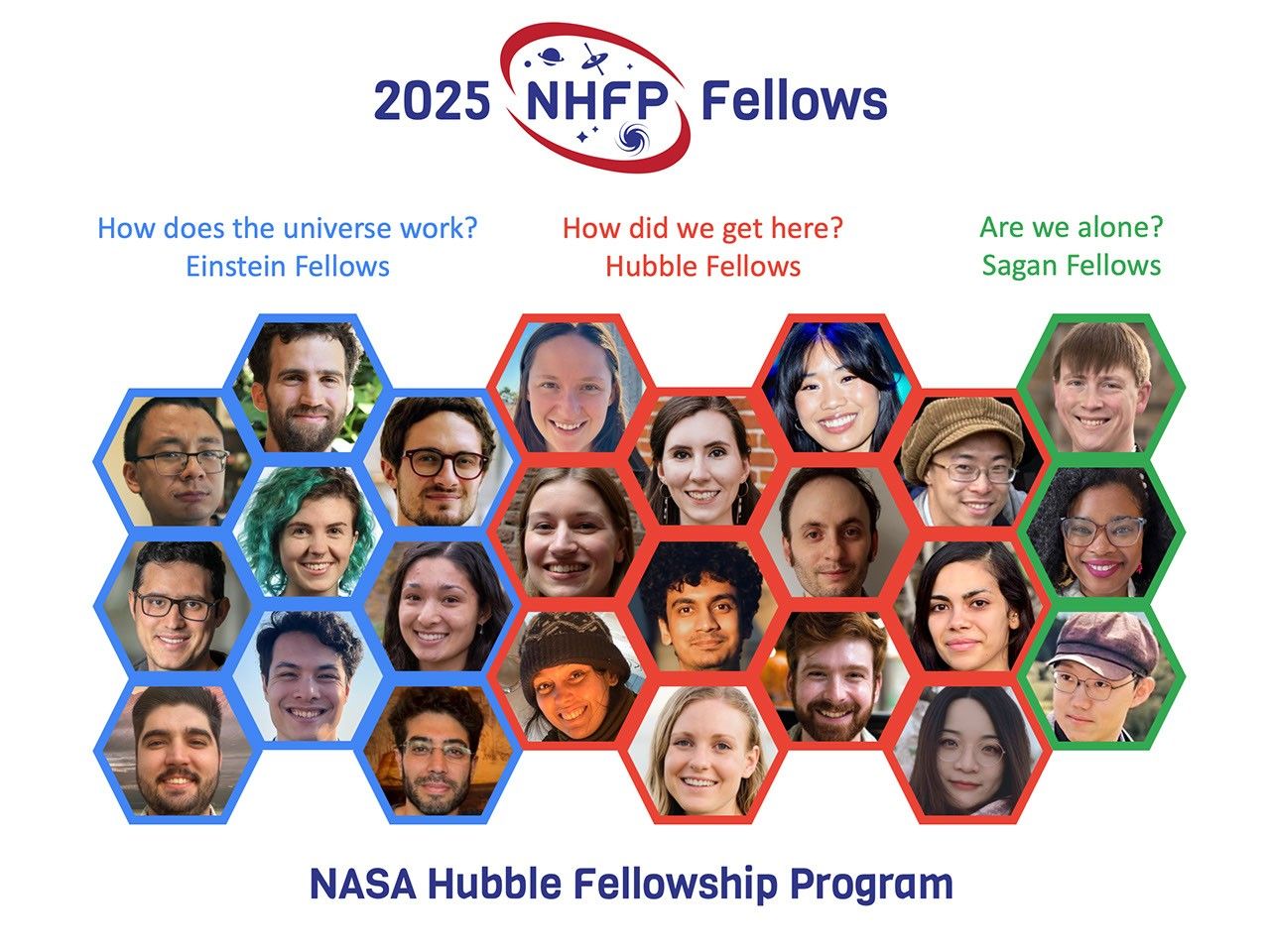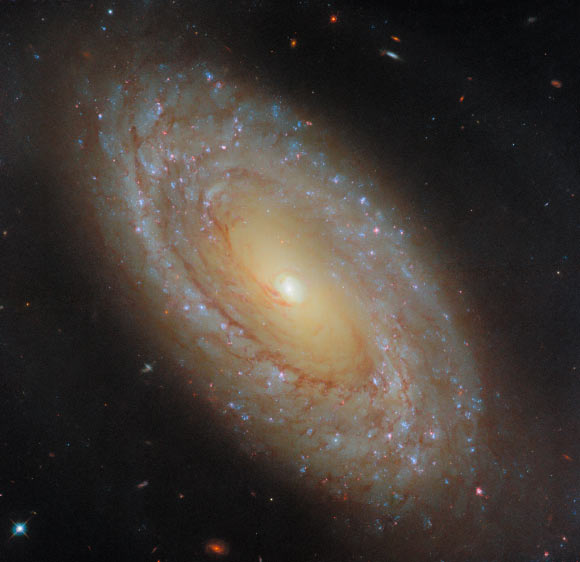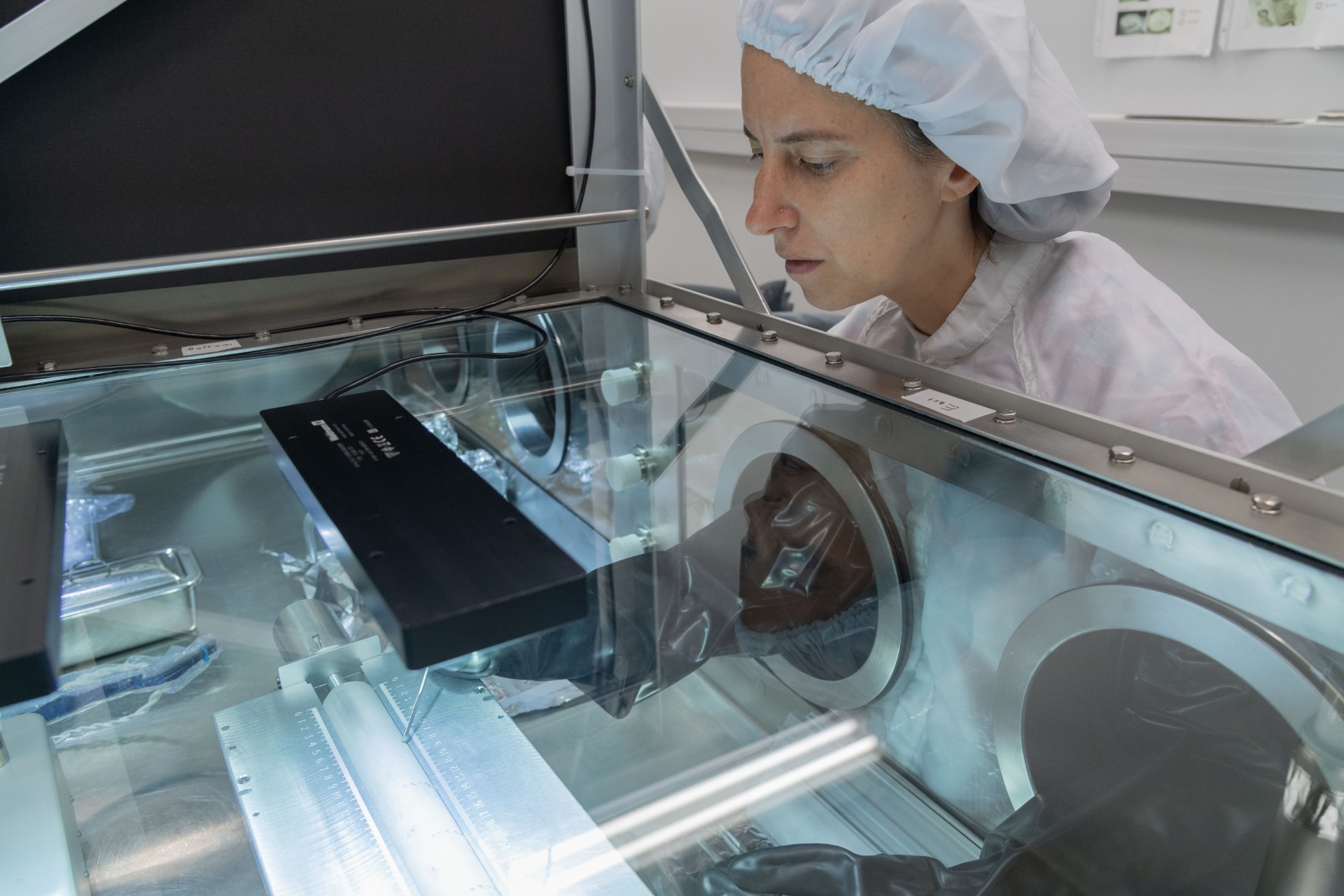Now Reading: NASA Announces Astrophysics Postdoctoral Fellows for 2025
-
01
NASA Announces Astrophysics Postdoctoral Fellows for 2025
NASA Announces Astrophysics Postdoctoral Fellows for 2025

Swift Summary
- NASA Announcement: NASA recently announced the 2025 fellows of the prestigious NASA Hubble Fellowship Program (NHFP), which supports early-career astrophysicists. 24 fellows were selected through a highly competitive process, with over 650 applications worldwide.
- Categories: Fellows are assigned to sub-categories based on three major questions about the universe:
– Einstein Fellows: Focus on “How does the universe work?”
– hubble Fellows: Explore “How did we get here?”
– Sagan Fellows: Investigate “Are we alone?”
- fellowship Details: The program offers up to three years of sponsorship at U.S.institutions. Research topics range from dark matter studies, stellar evolution, fast radio bursts, and exoplanets.
- Quote: Shawn Domagal-goldman, acting director of NASA’s Astrophysics Division, highlighted that this class of researchers will inspire future generations by advancing space-based astrophysics and sharing knowledge internationally.
- Class composition & Institutions:
– Nine Einstein Fellows.
– Twelve Hubble Fellows.- Three Sagan Fellows.
- Images associated with this program depict both individual awards and group photo montages.
- symposium Event: NHFP organizes an annual symposium for fellows to showcase their research and engage in various career discussions. The recent event was held at NExScI in Pasadena, California.
More details including short bios can be found here.
Indian Opinion analysis
The announcement underscores NASA’s commitment to advancing global excellence in astrophysical research while fostering innovation among promising scientists. The diverse focus areas-spanning galaxies’ origins to exoplanet exploration-could significantly expand humanity’s understanding of its place in the cosmos. For India, which has growing ambitions in space science through initiatives like ISRO’s Aditya-L1 Solar mission or Chandrayaan series, such endeavors act as benchmarks for fostering deeper international collaborations or launching similar fellowship programs domestically that nurture talent within India’s scientific community.While none of this year’s fellows appear linked directly with Indian institutions or researchers based on provided information, Viraj Karambelkar’s association as a Hubble Fellow indicates some level of depiction from individuals possibly connected with South Asia-origin scientific talent globally-a reminder to continually support such talents within India’s ecosystem. In strengthening regional partnerships or diversifying educational funding pathways via government/private entities may benefit long-term space science competitiveness.
India must view such accomplishments not just aspirationally but establish stronger frameworks bridging local research pursuits alongside their counterparts contributing globally advanced inquiries-a chance benefitting younger aspirants nurturing peer eco-spaces reliant physics astronomy!























